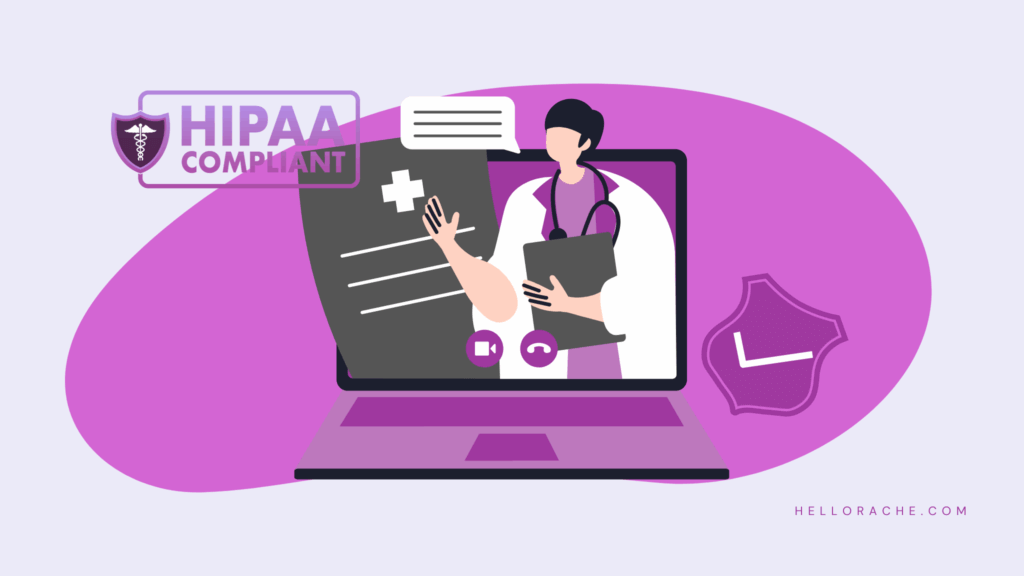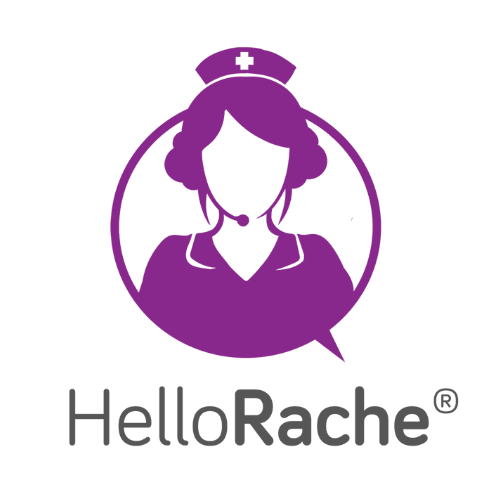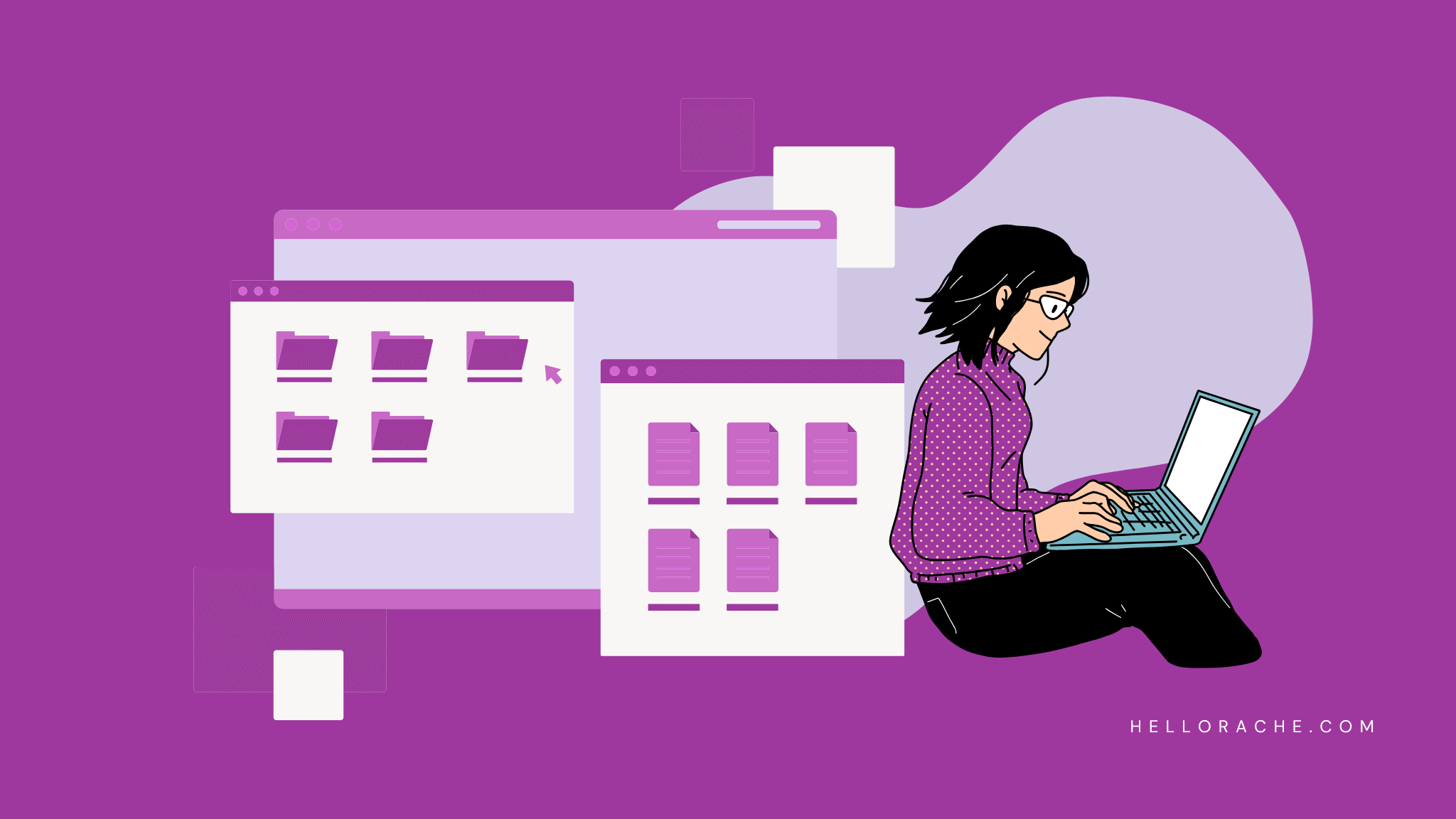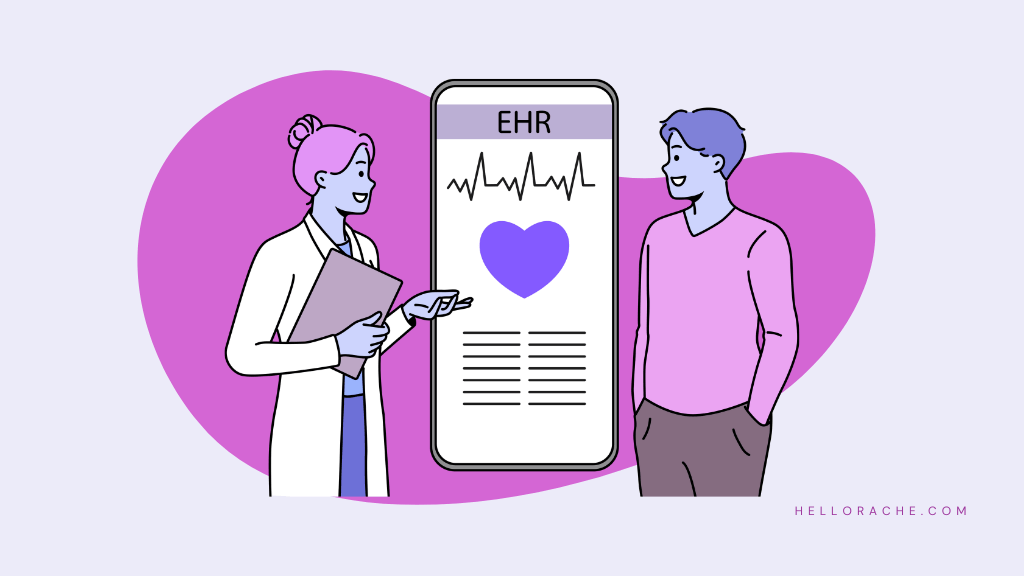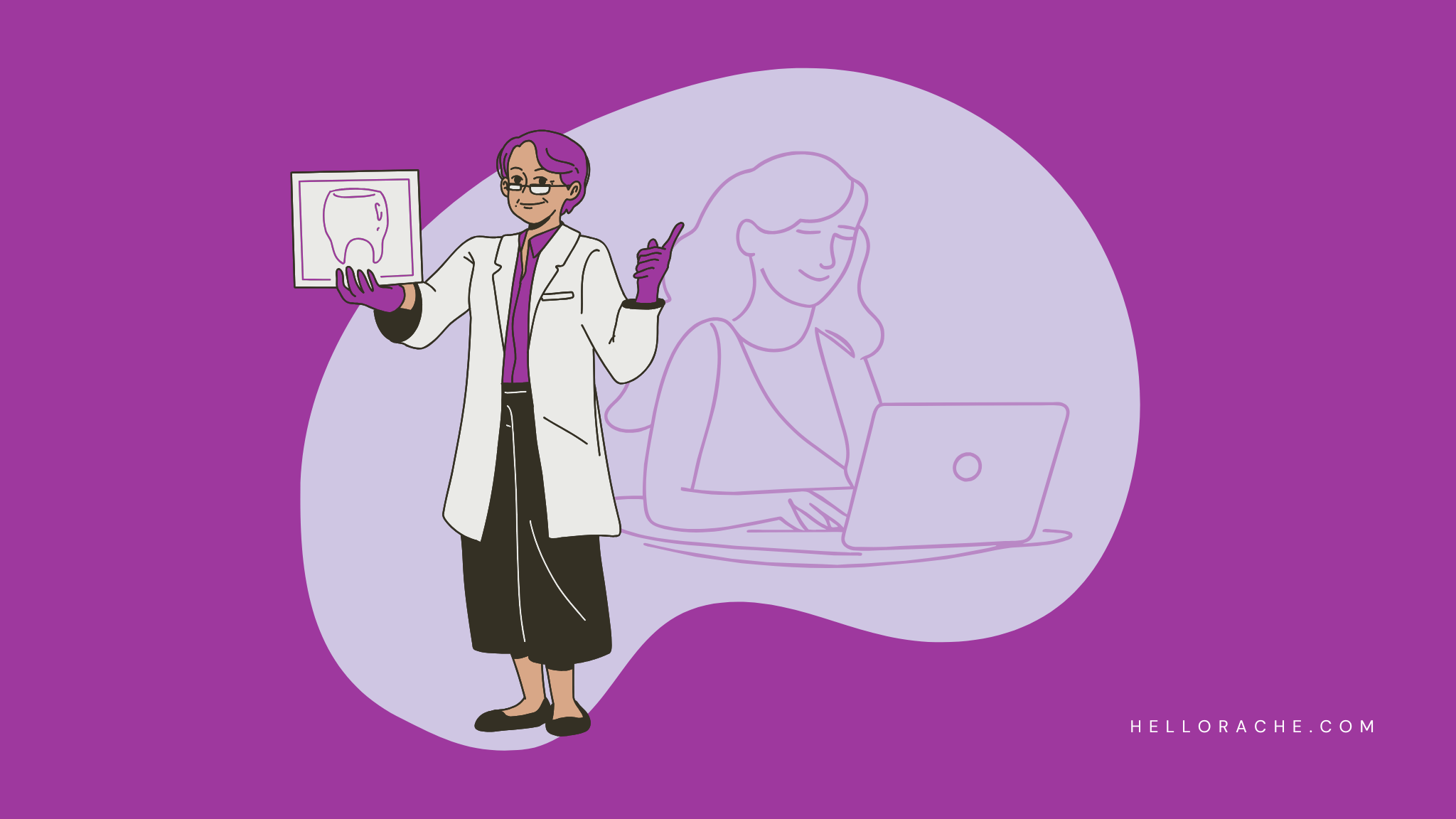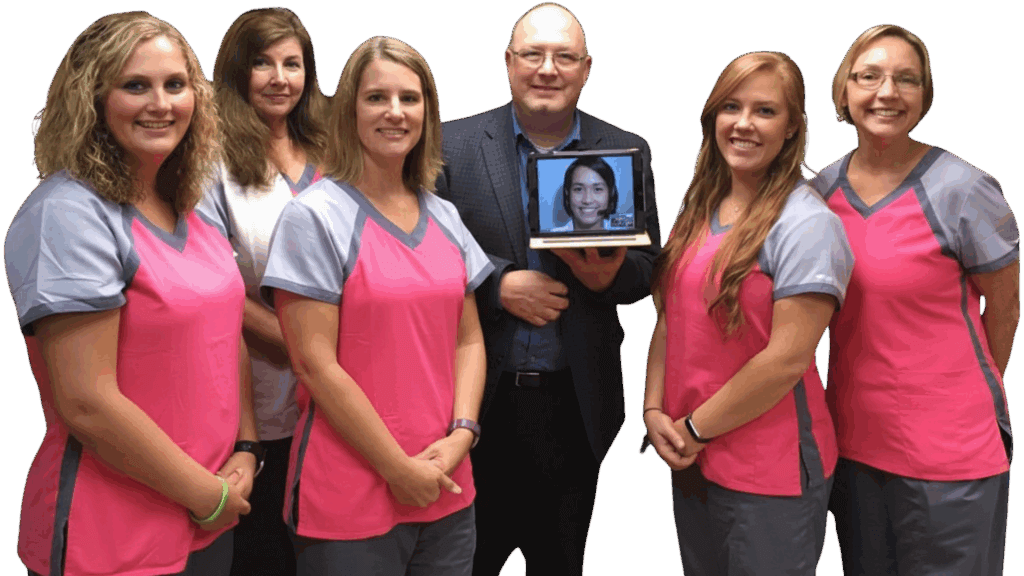Virtual medical assistant services provide healthcare practices with a secure, HIPAA-compliant way to manage medical billing and coding while reducing costs and improving efficiency. The challenge – for providers, practice managers, and clinic owners – has always been balancing high-quality patient care whilst simultaneously managing the administrative demands of running a practice. Processes such as billing, coding, and data management are crucial, but tedious. However, even minor mistakes can lead to compliance violations, claim denials, and financial penalties.
One of the more recent trends in practice management has involved outsourcing and delegating these duties to virtual medical assistant services. Nonetheless, many practice owners remain hesitant about this innovative approach to transforming workflows. After all, data privacy and HIPAA compliance generate constant headlines in healthcare. The good news is that, with the right safeguards in place, virtual medical assistant services are both safe and efficient. In many cases, they’re even seen as more secure than their in-house equivalents.
Naturally, data security and HIPAA compliance aren’t elements of healthcare you should take lightly. You need to make informed decisions and have all the information at your fingertips. This is where Hello Rache can step in and shine a light on how virtual medical assistant services are the help you need.
Why Data Security Matters in Medical Billing and Coding
Patient health information represents some of the most valuable data present in society. It covers personal and private information such as names, birthdates, insurance details, diagnoses, and medical histories. It’s also highly vulnerable. If, for example, your credit card is stolen, you can cancel it and put a stop to any financial damage. But stolen medical data can be exploited for years in fraud and even blackmail schemes. And with healthcare data breaches rising sharply over the last decade, this data has never been more at risk.
Medical billing and coding, while crucial to effective healthcare, are central to this data security challenge. Every insurance claim requires detailed patient data to satisfy the complex requirements of health insurance, where every element is scrutinized. Therefore, with every submission or correction, protected health information is placed at risk of being compromised. This is why it’s vital that your practice has strong safeguards in place to protect this data. Otherwise, you run the risk of HIPAA violations, significant financial penalties and, of course, loss of patient trust.
So, what’s the solution? Well, you could focus your efforts on strict compliance, but it’s a full time role and this will seriously impact your ability to drive business growth. Luckily, you don’t have to do it yourself. Many healthcare practices are turning to virtual medical assistant services for peace of mind.
The Inside Story on Virtual Medical Assistants
Healthcare practices have always relied on in-house staff to power their operations. Doctors, nurses, assistants, and billing teams have always rubbed shoulders on a daily basis as they serve their patients. Billing assistant have typically spent their time chasing claims, balancing accounts, and doing it all while tied to the office. But does it still need to be this way in 2025? The advancement of technology has redefined how we work, and medical billing is no exception.
Thanks to secure internet connections and cloud-based systems, virtual assistants are now thriving in almost every industry on the planet. And this has shift in the employment landscape has only been strengthened by the impact of the pandemic. Virtual medical assistants can now access billing software, patient databases, and emails regardless of their location – it doesn’t matter if they’re in the next town, state, country or even continent.
Even better, outsourcing removes the restrictions of local hiring. Instead of relying on a limited local talent pool, you can tap into a global pool of virtual medical assistants, all of whom are fully HIPAA compliant. It’s a smarter and more flexible approach to staffing for modern practices.
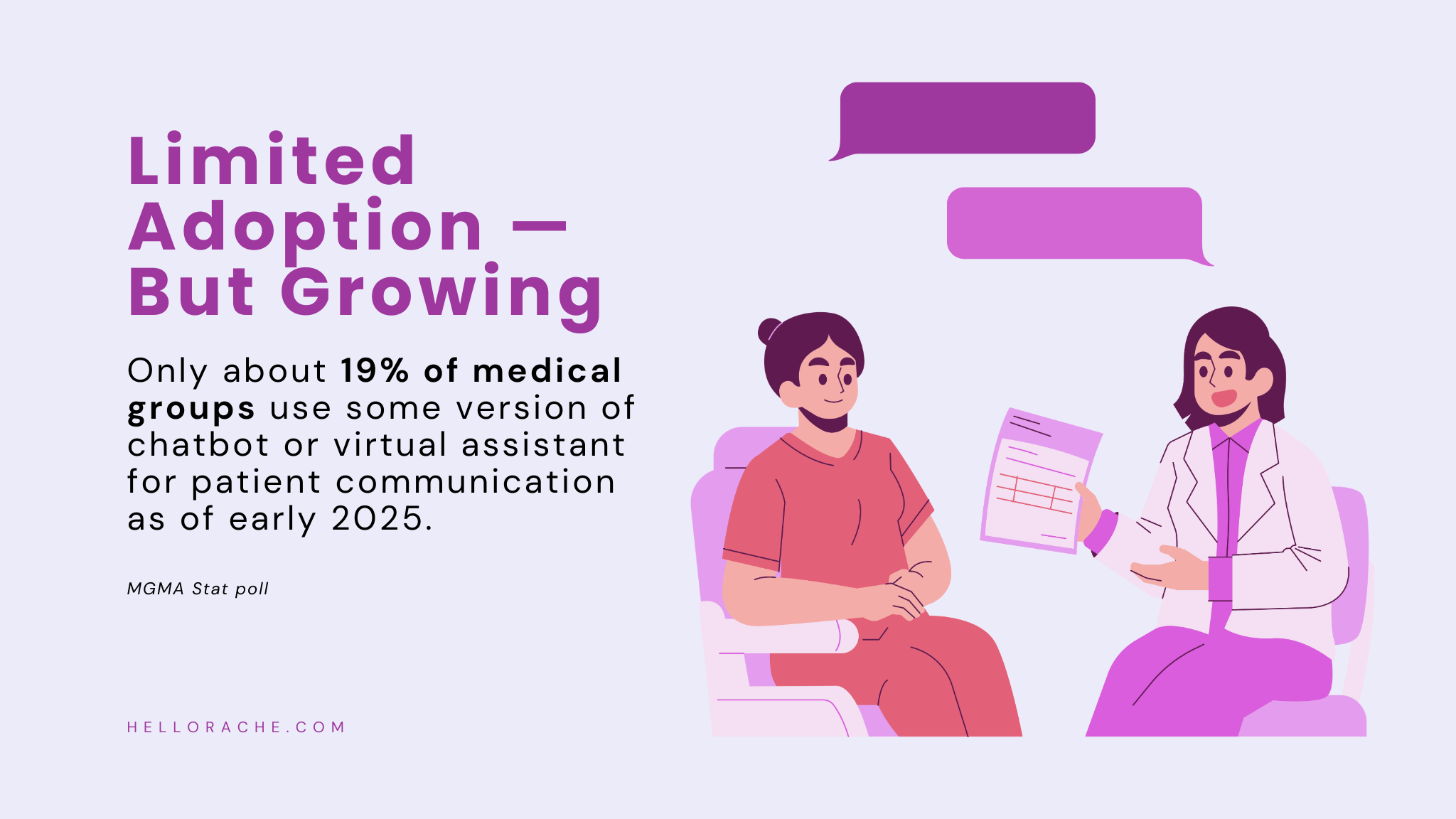
How Virtual Medical Assistants Handle Billing and Coding Securely
So, it’s clear that virtual medical assistant services represent an exciting opportunity for practices, but how does this look on a day to day basis? And how do they do this securely? Well, thanks to their specialized expertise in the administrative side of healthcare, they can extend their capabilities far beyond basic data entry. With a virtual medical assistant in your team, you can expect them to take on the following responsibilities:
-
Medical Coding:
Accurately translating diagnoses and procedures into standardized codes for insurance claims. -
Billing Management:
Overseeing the management of submitting, tracking, and reconciling claims to minimize denials and reduce delays. -
Payment Posting and Collections:
Ensuring that reimbursements are processed both correctly and on time. -
Data Entry and Maintenance:
The wide variety of skills possessed by a virtual medical assistant ensures they can always step in to update patient charts, billing systems, and other critical documentation when required.
All of these functions are crucial to the smooth running of a healthcare practice, but it’s even more important that the data involved is handled securely. Fortunately, this is what sets virtual medical assistants from the rest. They pride themselves upon their knowledge of HIPAA regulations and make a point of following industry best practices through every step of every claim. At the heart of every virtual medical assistant are a series of safeguards which protect patient data:
-
Encrypted Communication:
From protecting emails, files, and messages from unauthorized access, virtual medical assistant services will always implement password protection and encrypted communication channels when it comes to transmitting data.
-
Secure Remote Access:
Professional remote workers always operate through VPNs and login portals to maximize encryption levels and reduce cyber vulnerabilities. -
Ongoing Training:
Virtual medical assistants ensure they stay updated on HIPAA regulations, updates on compliance requirements, and emerging cyber threats. This gives practices the confidence that their assistants are always prepared to protect patient data effectively.
-
Regular system monitoring:
The healthcare industry is prone to cyberattacks, so virtual medical assistant services use real-time monitoring tools to detect suspicious activity such as viruses and malware. This prevents incoming threats from establishing themselves and compromising patient data.
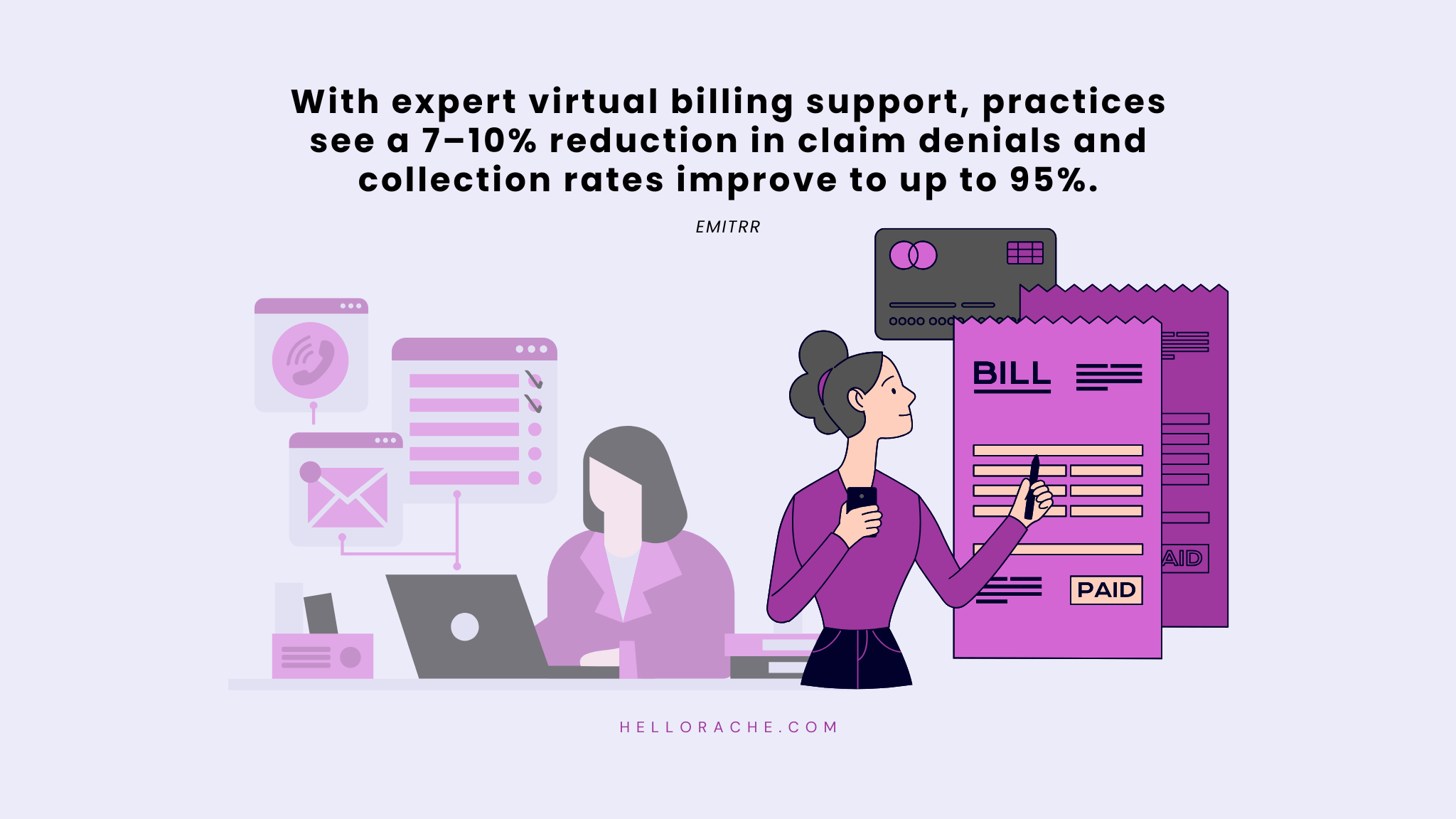
Common Security Risks in Medical Billing and How to Solve Them
Medical billing is complex at the best of times, so it’s no surprise that practices – which are already overrun with administrative tasks – face numerous security risks when handling billing internally. The resulting risks include:
-
Human Error:
It’s inevitable that human errors will crop up in a busy medical practice. From mistyped codes, misplaced decimal points, or incorrect patient identifiers, the chances of a mistake are high when staff are overworked. And, while they may sound like minor mistakes, they can easily lead to claim denials, compliance violations, and delayed reimbursements. Virtual medical assistant services reduce this risk by only employing trained professionals who specialize in medical coding and billing and pride themselves on their accuracy.
-
Unauthorized Access:
The more staff members who have unrestricted access to patient records, the more risk there is of this sensitive data being compromised either accidentally or deliberately. The presence of a virtual medical assistant mitigates this as they can enforce role-based permissions, reducing the number of employees who can access patient records. This ensures that confidentiality is protected at every level.
-
Weak Cybersecurity:
Outdated systems and unsecured networks are two of the quickest ways for healthcare practices to lose control of their data. But it’s a problem which many healthcare practices face, resulting in ransomware attacks, data theft, and system breaches. This is where virtual medical assistants can step in. They can strengthen your security by operating within HIPAA-compliant frameworks, use encrypted communication, and always utilize VPN-secured processes to safeguard patient data.
-
Paper-Based Records:
There’s always a risk of physical theft when you’re dealing with paper records. Additionally, paper can easily be mishandled and go missing. Therefore, the answer is digital records. The use of virtual medical assistant services encourages digitization, with records being stored in the cloud. This ensures documents remain secure, yet readily accessible to authorized users, sidestepping the risks of physical records.
-
Poor Training:
Aside from the very basics of cybersecurity, general administrative employees tend to receive very little training on the digital threats of the 21st century. This scenario can quickly lead to practices being exposed to violations and significant financial penalties. A reputable virtual assistant agency, however, will only ever employ assistants who undergo continuous HIPAA and data security training. This results in virtual medical assistants who are informed, compliant, and understand how to handle patient information responsibly.
Articles You Might Also Like:
What is the Key to Success for HIPAA Compliance
Top 6 Tips for Efficient Medical Billing: A Guide for Medical Billing Assistants
HIPAA Compliant Texting: How to Utilize Texting in Your Practice
Streamlining Data Entry Tasks with Virtual Assistants
Why Outsourcing Billing and Coding is Both Safe and Efficient
Some providers worry that outsourcing billing and coding means giving up control. But the truth is that virtual medical assistant services actually strengthen both efficiency and oversight, all while improving the financial health of a practice.
One of the clearest benefits can be seen in the efficiency gains on offer. With billing responsibilities delegated, physicians and in-house staff can redirect their energy toward patient care, reducing administrative burnout and improving overall productivity.
Cost savings are another major advantage. Virtual medical assistants typically cost less than hiring, onboarding, and retaining full-time staff. This is especially important in healthcare, where high-turnover administrative roles can quickly drain budgets.
Faster reimbursements also become possible. And this is thanks to the expertise of trained virtual medical assistants who can reduce coding errors and claim rejections. This enables insurance payments to be processed more quickly and produce a steadier cash flow.
Finally, integrating virtual medical assistant services into your practice makes scalability much easier. Practices can quickly add or reduce support as patient volume changes, without the need to see out long-term contracts or tackle the training challenges associated with new starters.
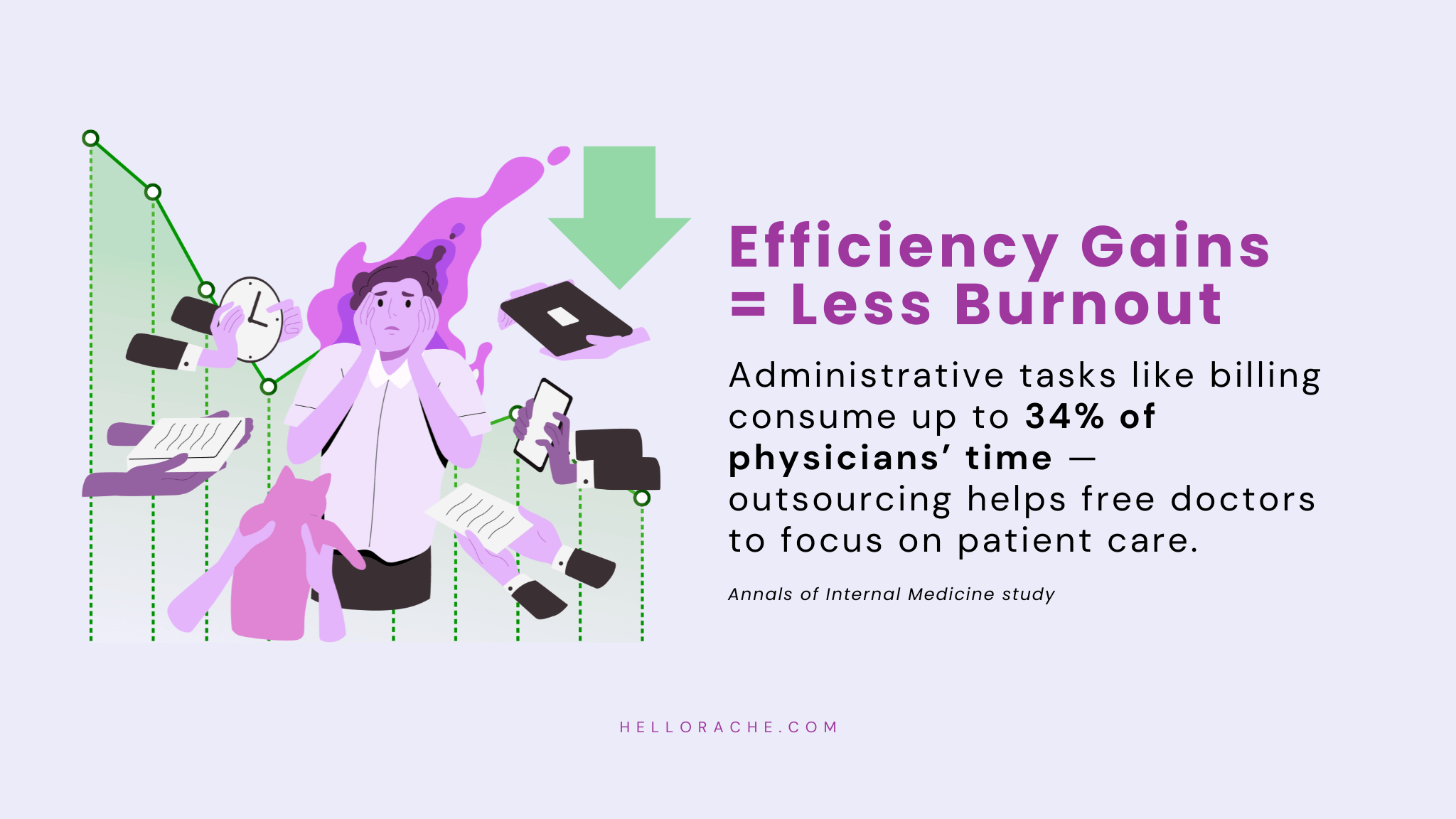
Your Future: Virtual Medical Assistant Services
You now know how to safeguard your healthcare practice while staying efficient, and it all starts with the support of a virtual medical assistant. Whether you’re a physician managing patient records or a clinic owner trying to get to grips with compliance requirements, a virtual assistant can ensure you stay on top of data security and compliance.
Hiring virtual medical assistant services can feel overwhelming. Checking credentials, ensuring HIPAA compliance, and managing communication can quickly become a full-time job. That’s where a trusted partner like Hello Rache makes all the difference. With years of experience connecting healthcare practices to skilled virtual assistants, Hello Rache can provide you with HIPAA-trained assistants who prioritize data security and regulatory compliance.
And they’re incredibly affordable. Available at a flat rate of $9.50 per hour, with no contracts, no setup fees, and complete flexibility to fit your needs, a virtual medical assistant is the obvious solution.
Ready to strengthen your practice’s compliance while improving efficiency? Click here to learn how Hello Rache’s virtual medical assistants can start protecting your data today.
Discover what Hello Rache can do for you and your practice
Tell us a little about your practice & we will contact you within 24 hours.
SCHEDULE A CONSULTATION
